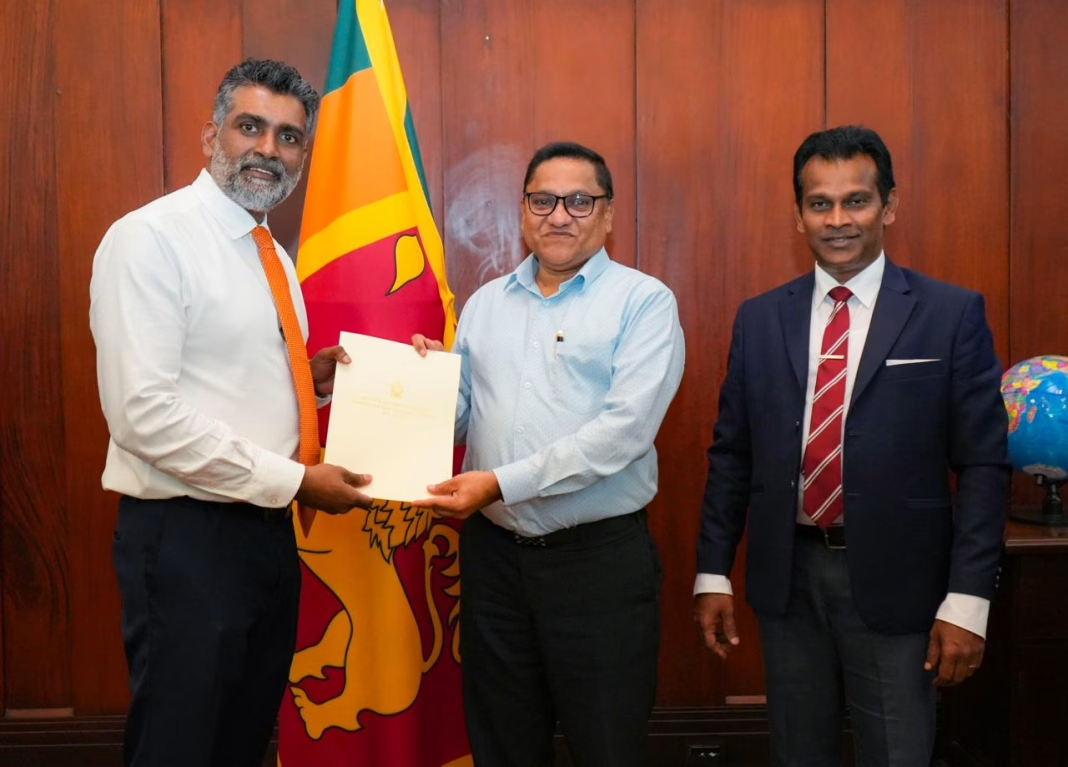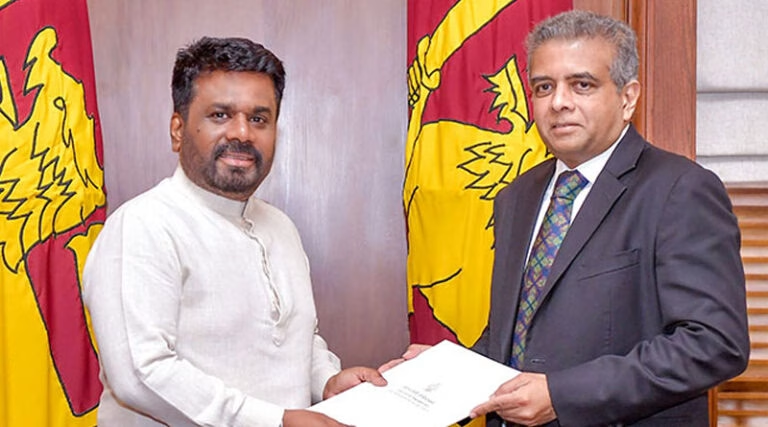Sri Lanka’s vital tourism industry is embroiled in a deepening crisis, with the Chairman of the Sri Lanka Tourism Development Authority (SLTDA), Buddika Hewawasam, facing widespread criticism and serious allegations concerning both policy direction and internal governance. The controversy has not only drawn the Sri Lanka Tourism Promotion Bureau (SLTPB) into its wake but also sparked outrage among tourism professionals, civil servants, and political figures.
Unauthorized LGBTQIA Initiative Fuels Initial Outcry
The initial wave of discontent stemmed from Hewawasam’s unilateral decision to endorse an NGO-led initiative promoting LGBTQIA tourism. On September 9, 2025, a formal letter was issued by the SLTDA Chairman, authorizing collaboration to position Sri Lanka as a safe and inclusive LGBTQIA destination and encouraging DE&I training. This move, however, was made without prior consultation with ministerial or political authorities. Prime Minister Harini Amarasuriya confirmed in Parliament that the Chairman acted independently, contradicting the government’s official stance which does not grant special privileges to any particular group. Critics argue that this action undermined the credibility of both SLTDA and SLTPB and clashed with assurances made by the President regarding the safeguarding of Sri Lanka’s cultural and religious values.
“A Culture of Favoritism and Intimidation”
Beyond policy disputes, a more insidious crisis of internal governance has emerged. Multiple sources within both SLTDA and SLTPB have described a “toxic work environment” under Chairman Hewawasam’s leadership. Allegations include rampant favoritism, exclusion, and psychological pressure. Hewawasam is accused of cultivating an inner circle of loyalists, including Director – HR / Admin/procurement, Anusha, who reportedly receives disproportionate benefits such as foreign travel and preferential treatment. Conversely, staff members who question or challenge the Chairman’s actions allegedly face marginalization, verbal intimidation, and punitive measures, leading to plummeting morale and eroding professional standards.
Unethical Conduct and Political Resurgence
Concerns have also been raised regarding the behavior of certain female staff members closely aligned with the Chairman, who are perceived to wield undue influence, contributing to a “climate of fear and mental distress” among employees. Furthermore, the controversy has been amplified by the re-emergence of individuals previously associated with past governments. With the Chairman’s apparent endorsement, these figures have reportedly reclaimed powerful positions, perpetuating long-standing practices without reform or accountability. Critics argue this represents a return to an old system where loyalty and political connections overshadow competence and integrity, undermining efforts to modernize the tourism sector.
Calls for Accountability and Urgent Reform
Stakeholders are now demanding urgent attention from oversight bodies and political leadership. The consensus is that the crisis at SLTDA and SLTPB is not merely an internal matter but a significant threat to the credibility and effectiveness of the entire tourism sector, a cornerstone of Sri Lanka’s economy. Calls for investigation and reform are growing louder, urging the government to restore professionalism, protect staff welfare, and ensure that leadership is held to the highest standards of accountability.





